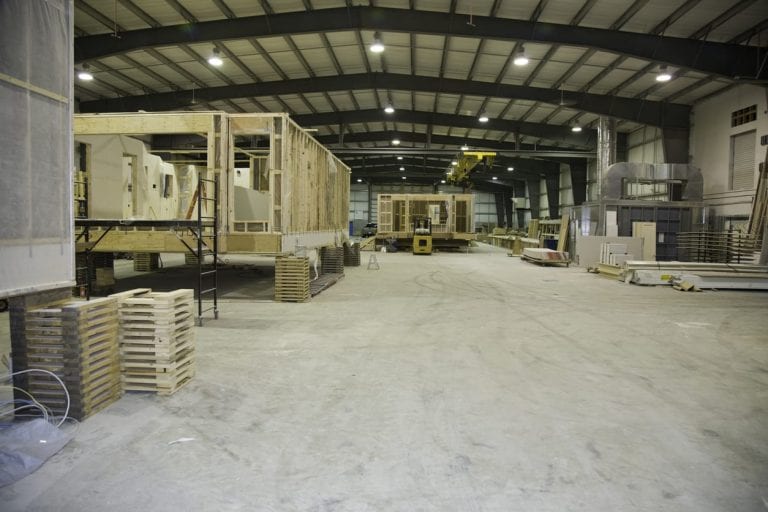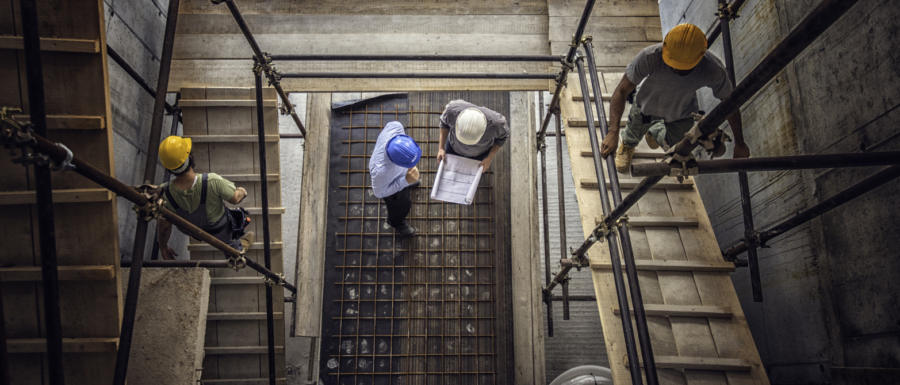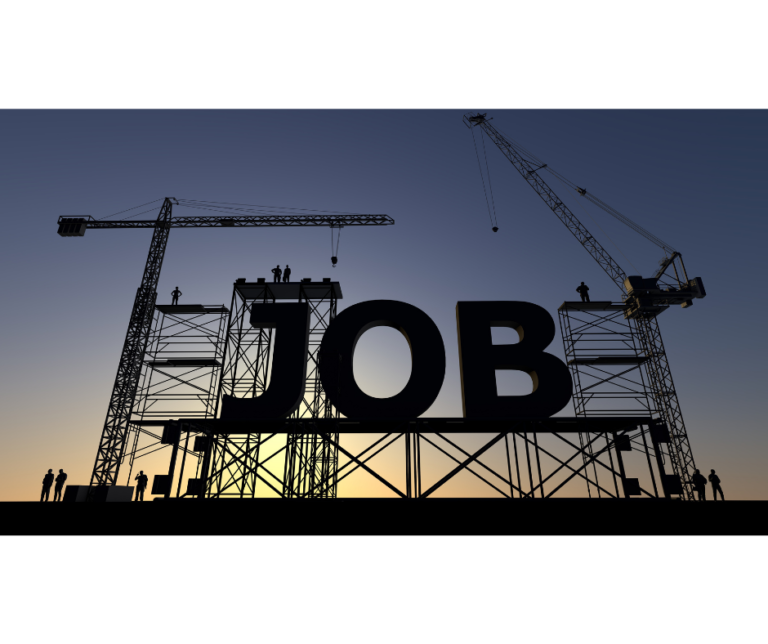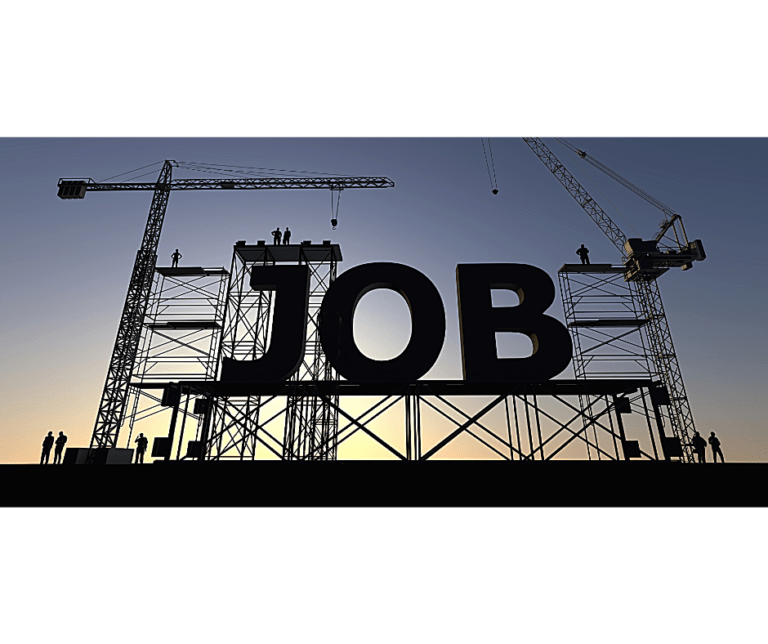
Hiring construction workers with disabilities is an important step towards promoting diversity and inclusion in the workplace. It not only benefits individuals with disabilities but also contributes to a more inclusive and productive workforce. Here are some steps and considerations for hiring construction workers with disabilities:
- Equal Opportunity Employment: Start by ensuring that your hiring process complies with all relevant equal opportunity employment laws and regulations. In many countries, it is illegal to discriminate against individuals with disabilities during the hiring process.
- Job Analysis: Conduct a thorough job analysis to determine the essential functions of each position within your construction company. This will help you identify reasonable accommodation that may be required for workers with disabilities to perform their duties effectively.
- Accessible Recruitment: Make sure your recruitment process is accessible to all candidates. This includes ensuring that your job postings are available in multiple formats (e.g., braille, large print), and your application process is user-friendly for people with various disabilities, such as those who use screen readers or assistive technology.
- Interview Accommodations: Be prepared to provide reasonable accommodation during the interview process, such as sign language interpreters, extra time, or accessible interview locations.
- Training and Sensitivity: Train your staff and management on disability awareness and sensitivity. This will help create a more inclusive and respectful workplace culture.
- Reasonable Accommodations: Be willing to provide reasonable accommodation for workers with disabilities. This accommodation could include modified workstations, assistive technology, flexible work hours, or job restructuring.
- Safety Considerations: Ensure that safety is a top priority. Evaluate how to maintain a safe working environment for all employees, including those with disabilities. Identify potential hazards and implement appropriate safety measures.
- Networking and Partnerships: Consider partnering with organizations or agencies that specialize in helping individuals with disabilities find employment. They can provide valuable resources and support in your hiring efforts.
- Employee Resource Groups (ERGs): Create or support ERGs for employees with disabilities. These groups can provide a support system for employees and offer insights into how to make the workplace more inclusive.
- Performance Evaluation: Evaluate all employees based on their job performance rather than their disabilities. Ensure that performance evaluations are fair and unbiased.
- Feedback and Continuous Improvement: Encourage open communication with employees with disabilities to understand their needs and challenges. Continuously seek feedback to make necessary improvements to your workplace policies and practices.
- Legal Compliance: Stay informed about changes in disability-related laws and regulations and ensure your company remains compliant.
Hiring construction workers with disabilities not only contributes to a diverse and inclusive workforce but can also bring unique perspectives and skills to your team. Embracing diversity in your construction company can lead to a more innovative and dynamic work environment.







